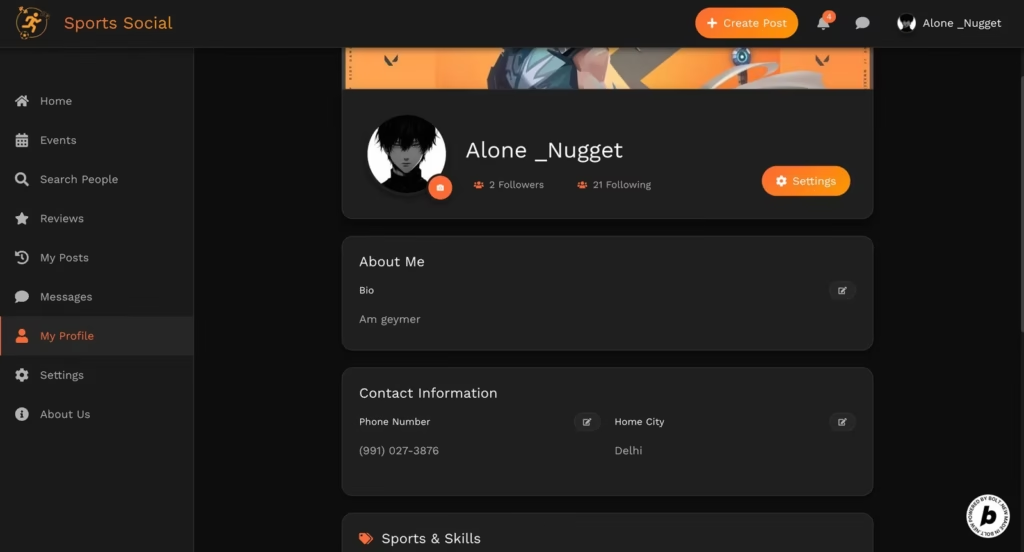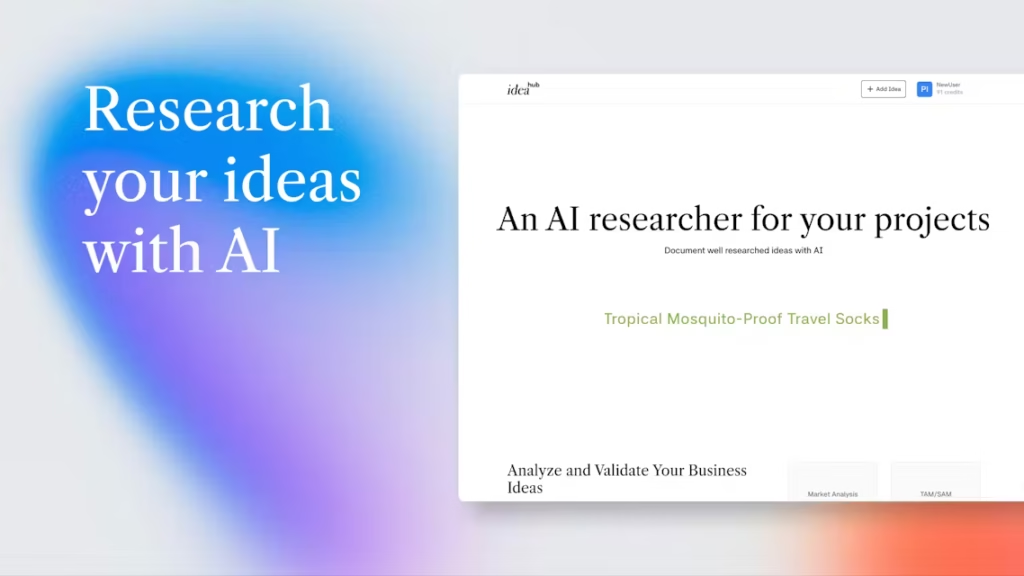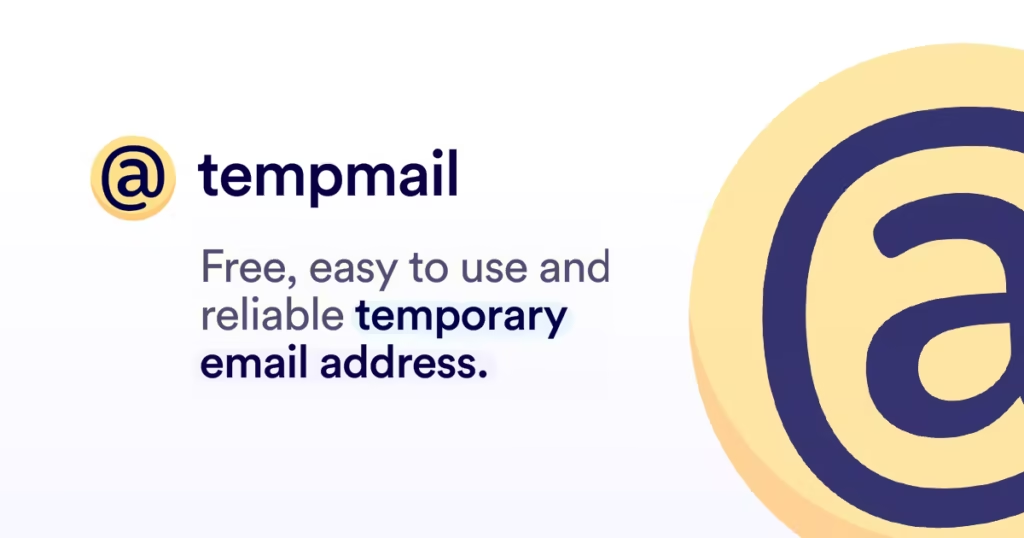Executive Summary
Google’s Web Guide is an experimental AI feature (powered by Gemini) that transforms search results into organized clusters—grouping links by subtopics instead of a traditional ranked list. Ideal for exploratory queries like “how to solo travel in Japan,” it surfaces diverse perspectives faster. Currently free via Google Search Labs, it’s a promising tool for deep research but may not replace simple fact-finding searches.
Key Features Analysis
AI-Driven Topic Clustering
Web Guide uses “query fan-out” to run parallel searches, grouping results by intent (e.g., accommodations, transportation). This works best for multi-part questions, reducing manual refinement.
Toggleable Interface
Users can switch between grouped results and traditional lists—a transparent way to compare AI’s value. Group headers with summaries add context.
Niche Limitations
Less effective for ultra-specific queries. As noted by Search Engine Journal, rare topics may lack nuanced groupings.
User Feedback Summary
- Pros: Faster for complex research, surfaces hidden gems, intuitive grouping.
- Cons: Overkill for simple searches, minor bias risks in cluster prioritization.
Tech forums praise its discovery potential but request more customization. TechCrunch highlights its strength for “deep dives.”
Performance Analysis
Speed
Results load as fast as traditional search, with AI processing happening server-side.
Accuracy
Groups reflect common subtopics but may miss niche angles due to reliance on existing web data.
Usability
Clean interface, though power users might crave finer control over groupings.
Pricing Analysis
Free via Google Search Labs (Web tab only). No tiers or paywalls—standard for Google experiments. Competitors like Bing AI offer similar clustering but lack Google’s breadth.
Frequently Asked Questions (FAQs)
1. How do I enable Web Guide?
Opt in via Google Search Labs (labs.google.com/search).
2. Does it work on mobile?
Yes, but desktop offers better readability for grouped results.
3. Can I customize groupings?
Not yet—Google controls the AI categorization.
4. Is my data used to train Gemini?
Google states queries are anonymized, per its privacy policy.
5. Does it replace “traditional” SEO?
No—organic rankings still matter, but grouped visibility adds complexity.
6. Are ads included in clusters?
Currently, no. Groups only show organic results.
7. Which languages are supported?
English-first; other languages may have limited functionality.
8. Can I report inaccurate groupings?
No direct feedback tool yet—Google relies on aggregate usage data.
9. Will this launch globally?
Likely, if testing proves successful.
10. Does it integrate with other Google tools?
Not currently, but future Gemini ecosystem ties are plausible.
Final Verdict
Pros: Saves time on research, uncovers hidden content, user-friendly toggle. Cons: Less useful for simple queries, potential bias, no grouping controls.
Ideal for: Researchers, planners, and anyone tackling broad topics. Casual users may prefer traditional search.
Verdict: 4/5. A transformative step for exploratory search—worth trying in Labs, but not yet essential.



